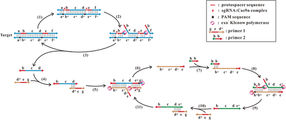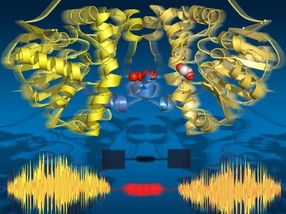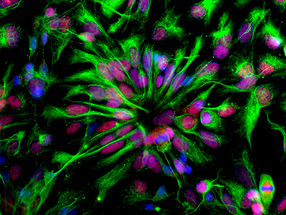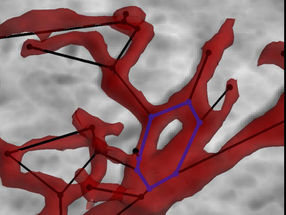Roche and deCODE announce the location of genes linked to obesity and anxiety
Roche and deCODE genetics (Nasdaq/Nasdaq Europe: DCGN) today announced that deCODE scientists have mapped genes contributing to two of the biggest public health challenges in the developed world: obesity and clinical anxiety. These are the first loci of genome-wide significance ever identified in either of these highly complex disorders using population-wide linkage analysis. The companies plan to build on these pioneering discoveries to develop novel and effective drugs that can alleviate and possibly prevent the serious personal and societal toll exacted by these conditions. With these announcements, deCODE has achieved eleven milestones under the two companies’ gene and drug discovery alliance. deCODE receives milestone payments for these achievements.
Approximately one-quarter of the total U.S. and European adult population is overweight, as are a rapidly increasing number of children. In addition to inherited predisposition, unbalanced diet and insufficient exercise play important roles in this complex disorder. Obesity is a leading risk factor for a wide range of cardiovascular and other serious diseases. Yet, while obesity and its related health problems account for some 10% of healthcare spending in the United States alone, little is known about the genetic aspects of obesity.
deCODE’s researchers have now succeeded in mapping a gene, whose variant forms contribute to obesity, to a narrow chromosomal region. This was accomplished by analyzing genotypic data from more than 11,000 adult volunteers – representing a significant proportion of the population suffering from severe obesity. Using deCODE’s proprietary analysis tool for complex traits, the deCODE Clinical Genome Miner™, the researchers were able to correlate a wide range of clinical, behavioral, and genotypic data, and gained important new insights into the heritability of different aspects of obesity, as well as into the complex interplay between obesity and diabetes, stroke, heart disease, and hyperlipidemia. Thus, deCODE researchers have also located a gene variant that appears to protect obese individuals from type-2 diabetes, an otherwise feared complication. It may provide an exciting target for further gene and drug discovery.
Anxiety disorders, – which unlike everyday worries cause patients to experience irrational and frequently debilitating fear – are the most common forms of mental illness in industrialized countries. They encompass a constellation of conditions, including panic disorder, phobic disorders, obsessive-compulsive disorder, and general anxiety disorder. Anxiety disorders also exhibit diverse and complex interactions between environmental and genetic factors and often accompany other mental illnesses such as depression.
Leveraging deCODE’s ability to conduct genome-wide linkage studies using large extended families from across the population, the company’s scientists were able to approach anxiety as a broadly defined disorder that encompasses all of these complexities. Following a survey of more than 10,000 randomly-selected individuals conducted by collaborating physicians, some 500 respondents who had reported symptoms of anxiety agreed to be clinically examined and genotyped. By focusing on extended families with at least one individual suffering from panic disorder – a very serious anxiety disorder characterized by bouts of often immobilizing fear – the deCODE team mapped a gene strongly linked to all forms of clinical anxiety. This finding provides new insights into the role of the genetic and environmental components of anxiety, and will help pave the way for new therapeutics that target some of the actual roots of the illness.
Most read news
Topics
Organizations
Other news from the department science

Get the chemical industry in your inbox
By submitting this form you agree that LUMITOS AG will send you the newsletter(s) selected above by email. Your data will not be passed on to third parties. Your data will be stored and processed in accordance with our data protection regulations. LUMITOS may contact you by email for the purpose of advertising or market and opinion surveys. You can revoke your consent at any time without giving reasons to LUMITOS AG, Ernst-Augustin-Str. 2, 12489 Berlin, Germany or by e-mail at revoke@lumitos.com with effect for the future. In addition, each email contains a link to unsubscribe from the corresponding newsletter.























































